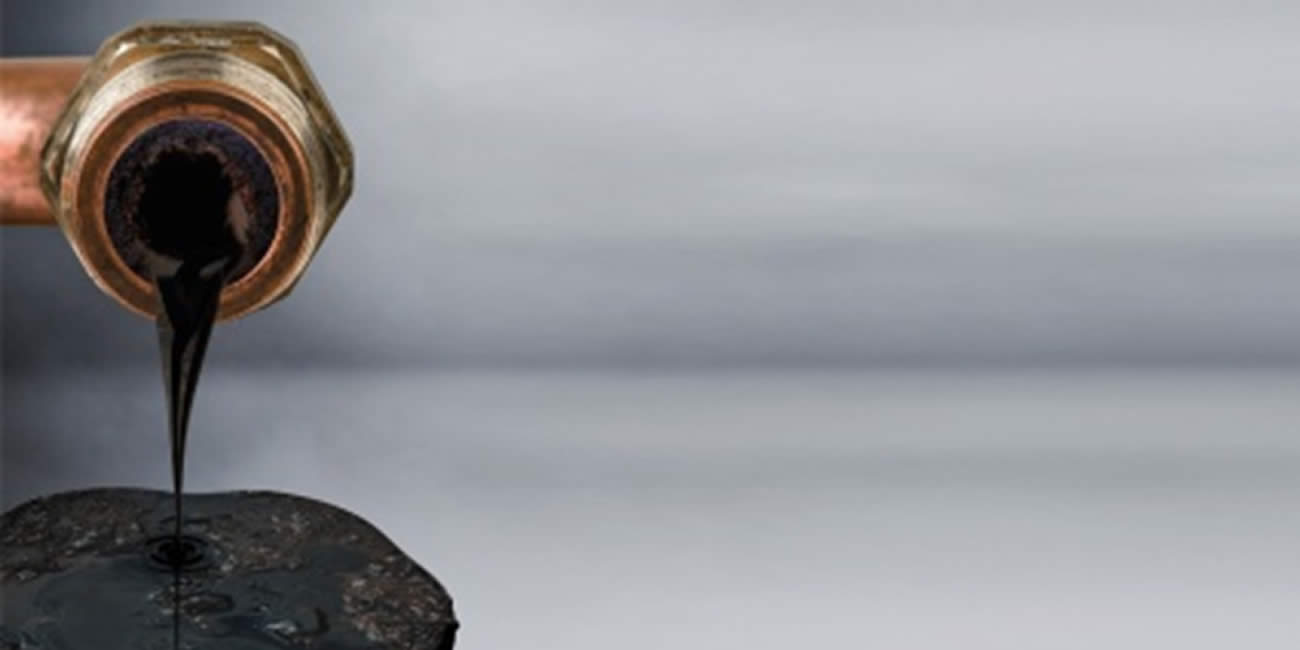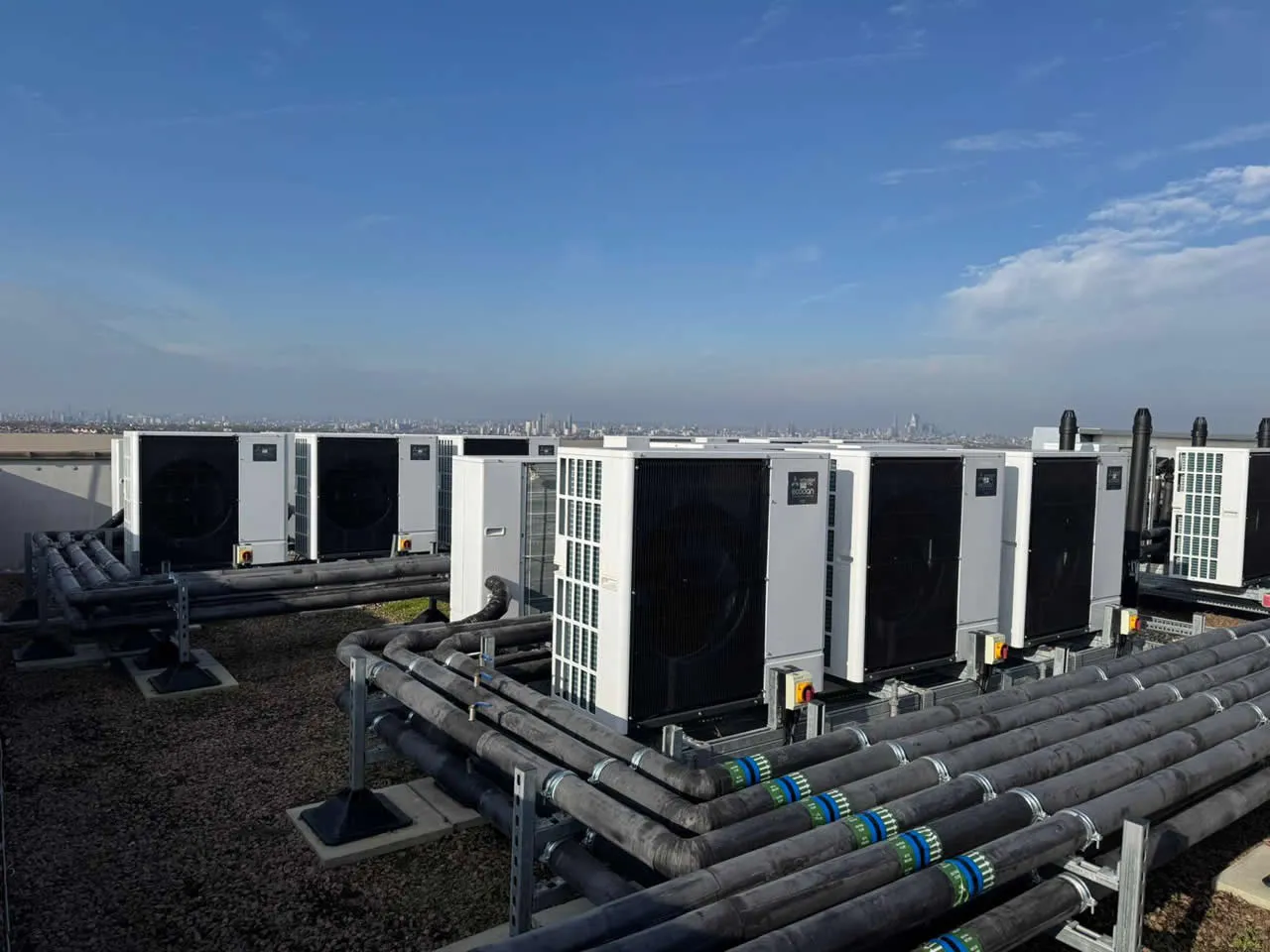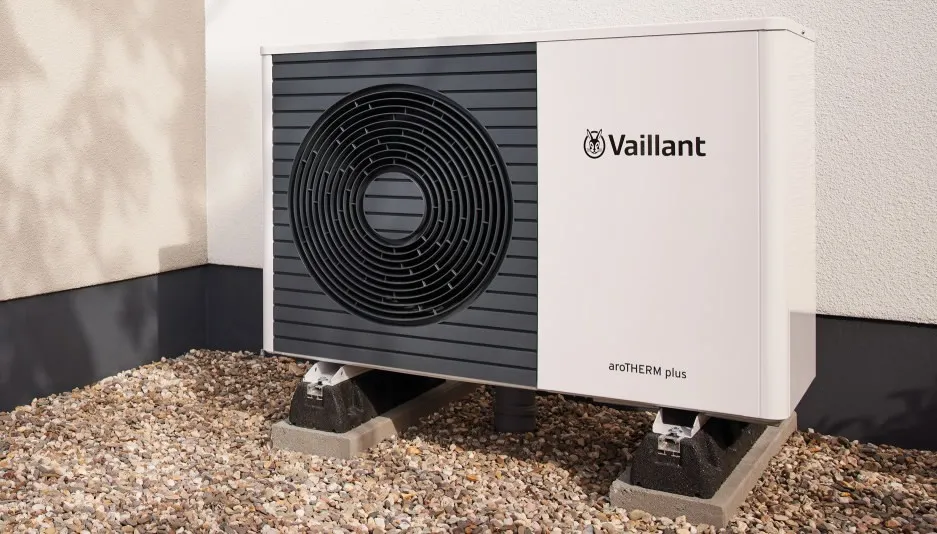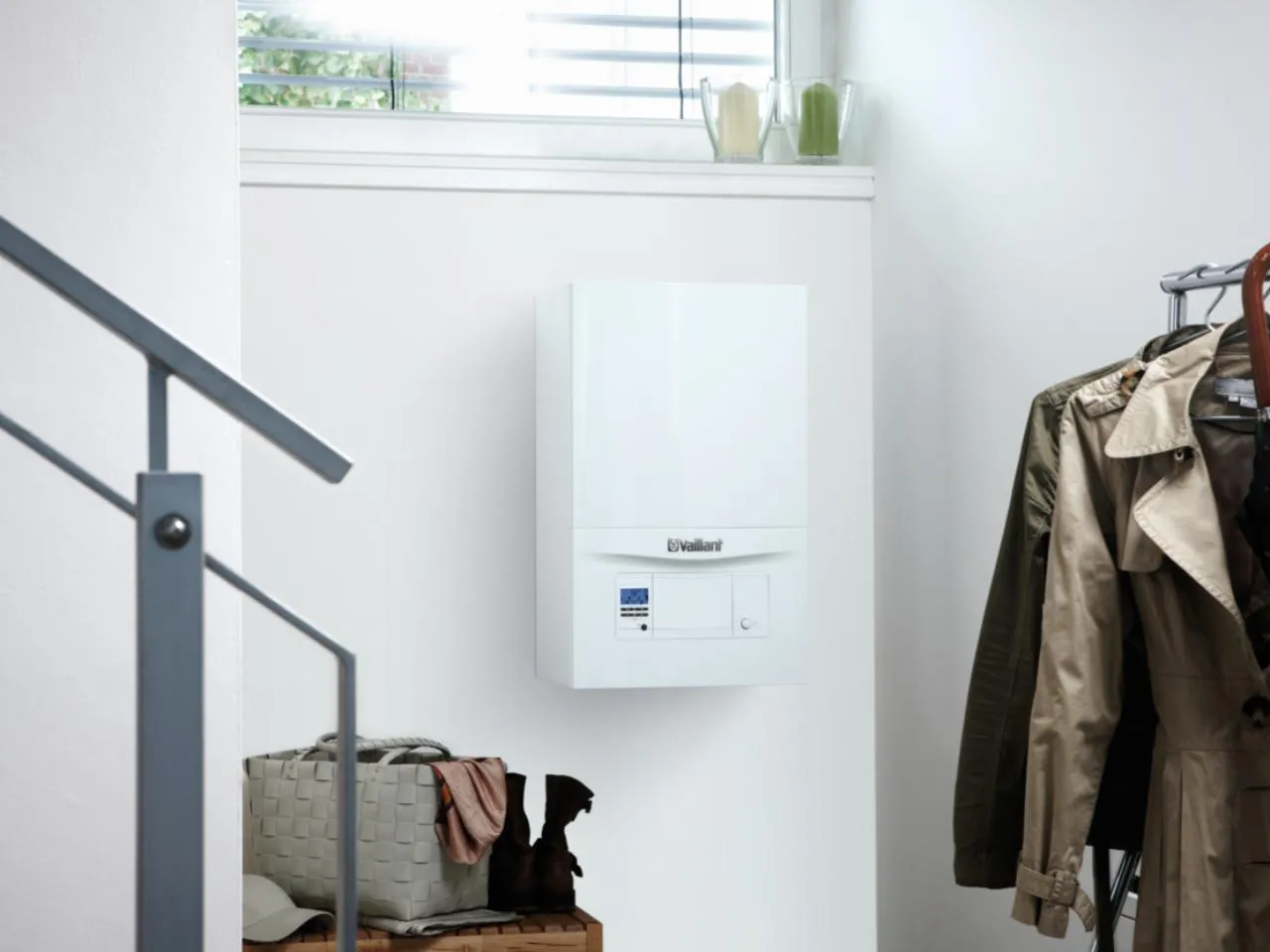Frequently Asked Questions
How do you diagnose a blocked central heating pipe?
Diagnosing a blocked central heating pipe involves checking for uneven heating, cold spots on radiators, and unusual noises from the system. A professional may also use pressure testing and thermal imaging to identify blockages effectively.
How does sludge affect central heating efficiency?
Sludge significantly affects central heating efficiency by obstructing water flow and causing uneven heating. This buildup forces the system to work harder, leading to increased energy consumption and potential breakdowns, ultimately reducing the lifespan of the heating system.
Can a blocked central heating pipe cause radiator damage?
A blocked central heating pipe can indeed cause radiator damage. When pipes are obstructed, it restricts water flow, leading to uneven heating, potential leaks, and ultimately, radiator failure. Regular maintenance is essential to prevent such issues.
What are the benefits of cleaning central heating systems?
The benefits of cleaning central heating systems include improved efficiency, reduced energy bills, and extended system lifespan. Regular maintenance helps prevent issues like sludge buildup, ensuring optimal performance and comfort in your home.
What causes a blocked central heating pipe in a house?
The causes of a blocked central heating pipe in a house include sludge buildup from rust and debris, air locks, and sediment accumulation. These factors hinder the efficient flow of water, leading to heating issues.
Can a blocked central heating pipe cause a leak?
A blocked central heating pipe can indeed cause a leak. When pipes are blocked, pressure builds up, which may lead to joints or connections failing and resulting in leaks.
What are the symptoms of a blocked central heating pipe?
The symptoms of a blocked central heating pipe include uneven heating throughout your home, cold spots on radiators, and strange noises from the system. These signs indicate that sludge may be obstructing the flow of water.
What causes central heating systems to become blocked with sludge?
Central heating systems become blocked with sludge primarily due to the accumulation of rust, debris, and sediment over time. This buildup can restrict water flow, leading to inefficiencies and potential damage to the system.
What tools help diagnose a blocked pipe?
The tools that help diagnose a blocked pipe include drain cameras, which provide visual inspections, and pipe locators, which identify the pipe's location and depth. Additionally, pressure testing equipment can detect blockages by measuring flow resistance.
How can sludge impact heating system performance?
Sludge can significantly impact heating system performance by obstructing pipes and radiators, leading to reduced efficiency, uneven heating, and increased energy costs. Regular maintenance and sludge removal are essential for optimal system function.
What are signs of radiator damage from blockage?
The signs of radiator damage from blockage include cold spots on the radiator, unusual noises such as gurgling, and decreased heating efficiency. Additionally, you may notice leaks or corrosion, indicating potential damage requiring immediate attention.
How often should central heating systems be serviced?
Central heating systems should be serviced annually to ensure optimal performance and efficiency. Regular maintenance helps prevent issues like sludge buildup, extending the lifespan of your heating system.
What preventative measures reduce pipe blockages?
Preventative measures to reduce pipe blockages include regular maintenance, such as flushing the system to remove sludge, ensuring proper installation of heating components, and using magnetic filters like MagnaCleanse to capture debris before it accumulates.
How does sludge buildup affect energy bills?
Sludge buildup negatively affects energy bills by reducing the efficiency of your heating system. As the system works harder to circulate heat, it consumes more energy, leading to higher costs. Regular maintenance can help prevent this issue.
What are common causes of heating system leaks?
Common causes of heating system leaks include corroded pipes, faulty valves, and damaged seals. Regular maintenance and inspections can help identify and address these issues before they lead to significant leaks.
How can I identify symptoms of sludge buildup?
The symptoms of sludge buildup in your heating system can be identified by cold spots on radiators, unusual noises from the boiler, and reduced heating efficiency. Regular checks will help ensure your system runs smoothly.
What maintenance prevents central heating pipe blockages?
Regular maintenance that includes power flushing and using magnetic filters can effectively prevent central heating pipe blockages by removing sludge and debris, ensuring efficient system operation and longevity.
How does sludge affect water flow in pipes?
Sludge significantly impairs water flow in pipes by creating blockages and restricting movement. This buildup can lead to reduced heating efficiency and increased energy costs, necessitating prompt removal to restore optimal performance in your central heating system.
What are the risks of ignoring pipe blockages?
The risks of ignoring pipe blockages include reduced heating efficiency, increased energy costs, and potential damage to your heating system. Over time, this can lead to costly repairs and decreased system lifespan.
How can I tell if my radiator is damaged?
The signs that indicate your radiator may be damaged include cold spots, leaks, unusual noises, and rust or corrosion. If you notice any of these symptoms, it's essential to have your radiator inspected by a professional.
What is the best method for cleaning sludge?
The best method for cleaning sludge is through professional services like MagnaCleanse or Powerflush, which effectively remove buildup from central heating systems, restoring efficiency and prolonging the lifespan of your heating system.
How does temperature affect sludge in heating systems?
Temperature significantly influences sludge formation in heating systems. Higher temperatures can accelerate the breakdown of debris and corrosion, leading to increased sludge buildup, while lower temperatures may cause sludge to settle and harden, obstructing system efficiency.
What are the long-term effects of sludge buildup?
The long-term effects of sludge buildup include reduced heating efficiency, increased energy bills, and potential damage to the heating system, leading to costly repairs or replacements. Regular maintenance is essential to prevent these issues.
How can I improve central heating efficiency?
Improving central heating efficiency involves regular maintenance, such as removing sludge buildup through services like MagnaCleanse or Powerflush, ensuring your system operates optimally and prolonging its lifespan.
What role does regular maintenance play in prevention?
Regular maintenance plays a crucial role in preventing issues within central heating systems. By routinely checking and servicing your system, you can identify and address potential problems, such as sludge buildup, before they escalate, ensuring optimal efficiency and longevity.
How do I know if my heating system needs flushing?
The signs that indicate your heating system needs flushing include inconsistent heating, cold spots on radiators, unusual noises, and increased energy bills. If you notice these symptoms, it’s time to consider a professional flush.
What are the consequences of a blocked heating pipe?
The consequences of a blocked heating pipe include reduced heating efficiency, uneven temperatures throughout the property, and potential damage to the heating system, leading to costly repairs and increased energy bills.
How can I prevent sludge accumulation in my system?
Preventing sludge accumulation in your system involves regular maintenance, including annual boiler servicing and installing a magnetic filter. Additionally, consider flushing your heating system periodically to remove any existing debris and minimise future buildup.
What is the impact of sludge on heating output?
The impact of sludge on heating output is significant. Sludge buildup restricts water flow, causing inefficient heating and uneven temperatures throughout your home, ultimately leading to increased energy costs and potential damage to your heating system.
How do I check for leaks in my heating system?
To check for leaks in your heating system, inspect visible pipes and radiators for signs of moisture or corrosion, listen for hissing sounds, and monitor your pressure gauge for drops, indicating potential leaks.




